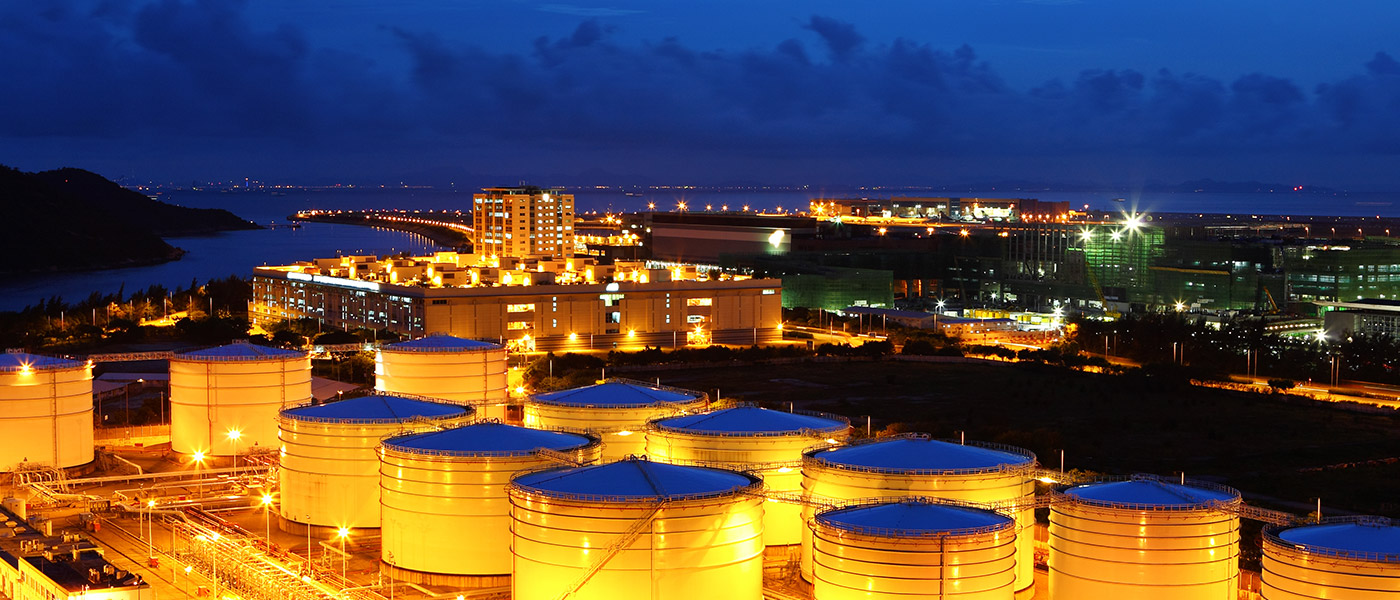Key Elements of The 2017 National Petroleum Policy
Posted on Tue 22 Aug 2017
- Download Resource
At its weekly meeting, held on July 19, 2017, the Federal Executive Council (“FEC”) approved a new National Petroleum Policy (“NPP”) for the country. The NPP sets a long-term agenda for Nigeria “to become a nation where hydrocarbons are used as a fuel for national economic growth and not simply as a source of income”, and sets strategic policy objectives for each part of the petroleum industry and the entire value chain. This long-term vision had previously been articulated in the Ministry of Petroleum Resources’ (“MPR”) 7 Big Wins Initiative and the Federal Government of Nigeria’s (“FGN”) Economic Recovery & Growth Plan (ERGP 2017 – 2020).
The NPP, which is expected to be implemented alongside a complementary National Gas Policy (issued one month earlier) and a National Petroleum Fiscal Policy (soon to be finalized), specifically provides for the legal & regulatory, institutional, commercial, fiscal and operational framework for developing a stable and enabling oil and gas landscape in which there will be improved transparency, efficiency, cost effectiveness, attractive investment climate, and a well-protected and sustainable environment.
Set out below are some of the key elements of the NPP:
PRIMARY OBJECTIVES
The primary objectives of the NPP are strategically set with a view to achieving the following:
-
Creation of a market-driven oil and gas industry through effective funding of the National Oil Company, encouragement of private investment across the upstream, midstream and downstream segments of the value chain, as well as the separation and clarification of the roles of the state as a policy maker, regulator and investor;
-
Maximization of the production and processing of hydrocarbons;
-
A departure from the concept of oil as a source of income to oil as a fuel for economic growth;
-
Value creation through processing of oil into significant end products for industries, by employing diversification and backward integration strategies to achieve competitive supply of petroleum products, active refining, value added extraction and industrialization;
-
The hydrocarbon molecule from extraction to destination markets (this will be facilitated by securing primary and secondary markets outside Nigeria through collaborative ventures with third parties);
-
Incentivizing investments in cost-efficient storage, transportation and distribution system for petroleum products in Nigeria (through effective management of supply and distribution interruptions as well as ending discriminatory practices in regulation and access to midstream infrastructure);
-
Promotion of competition in the petroleum industry;
-
Minimizing the environmental footprint of oil exploration in Nigeria (through strict enforcement of environmental laws); and
-
Managing the balance between depleting oil resources and renewable energy.
More Insight
 Fri 21 Mar 2025
Fri 21 Mar 2025IP PROTECTION FRAMEWORK IN NIGERIA - TRADEMARKS
 Wed 18 Dec 2024
Wed 18 Dec 2024SEC’s Draft Rules Facilitate Pension Funds’ Investment In ...





